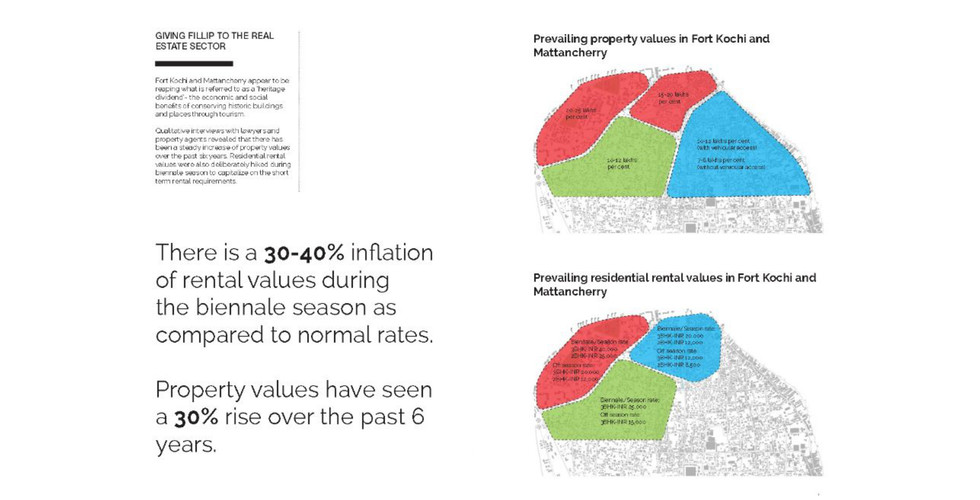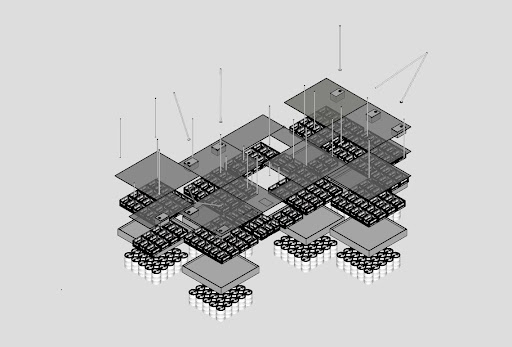Building Systems
- Anushri Jhaveri
- Feb 2, 2024
- 1 min read
Studio Co-ordinators:- Abhijeet Ekbote, Milind Mahale, Rashmi kurup, Rucha Nikam
Anushri Jhaveri
In the early stage of our project, we conducted detailed research on major fairs in India and analyzed them according to various parameters like historical significance, cultural practices, and logistical issues. The detailed approach provided us with insights that shaped our decisions throughout the project. Moreover, dividing into groups allowed us to collaborate, as we tweaked our plans according to the idiosyncrasies of our assigned fairs. This collaborative process created a platform to share ideas and perspectives.
Sites were selected for their characteristics, and each group developed detailed site analysis to select spaces for the interventions. The individual approach allowed us to develop a nuanced understanding of the spatial constraints and opportunities of the site and develop their interventions in accordance with the site constraints. Moving ahead, we moved into the iterative design sessions, and we kept on refining our concept through the exploration of materials and prototyping. This approach provided flexibility in the planning solutions that we generated for the site. We could experiment with various strategies and refine our interventions with maximum impact and efficiency.
As we started working on the final week, our focus shifted to architectural details and fine-tuning the prototype and drawings. By translating our design ideas into concrete planning solutions and detailed specifications, we prepared the ground for the implementation stage. This comprehensive and iterative approach allowed us to create interventions that were meaningful and satisfied the needs of the fairs.
Website link:
















































































Comments